Real life reviews from the City of Light, compiled from TripAdvisor.com
MUSÉE D’ORSAY
Not worth unless you are into art
Only go if you are interested in art history. I love history, but I couldn’t stay here for more than an hour, as its pictures doesn’t make sense to me.
EIFFEL TOWER
Very not good!
We expect from the Eiffel Tower something romantic. But we got—very not good and not clean around the Eiffel Tower! At night you can’t see the city of Paris because there is not enough lighting!!!
After visiting the Eiffel Tower, NO body helped us to find the way to go down!!!
NÔTRE DAME
10-euro charge to see a small church
All church’s were free to see in Italy but not in France.
You pay 10 euro to see house of God What a business ? Over priced !!
MOULIN ROUGE
Worse show ever…
An excruciating one and half hours of pain watching dancers out of sync (like they couldn’t be bothered) and even the odd appearance of clowns??? wtf? CLOWNS really? I was expecting a “sexy show” with : Voulez Vous Couchez Avec Moix and instead got odd songs and even freaking ponies on stage?
LES DEUX MAGOTS
Hemingway ate here all the time. Hemingway also shot himself.
Draw your own conclusions.
Cimetiere Père LachaisePÈRE LACHAISE CEMETARY
Lots of famous people, but it gives me the creeps
I always thought Père Lachaise was a tourist attraction I shouldn’t miss. I happened to be walking by it one day. It was a cold gray day in November, but I swear the place is full of entities—disembodied beings. The energy pouring over the wall of this place felt like what you’d see in flood waters, dirty greasy full of trash! I will not be visiting. If you’re psychic—be warned.
SHAKESPEARE AND COMPANY
Welcome to North Korea
I was very excited to visit the iconic Shakespeare and Company bookstore, but on arrival, it felt like I was entering North Korea because of their archaic no-photographs rule. I still enjoyed the beauty of the store, but the suppressive and censorial atmosphere motivated me to get out of there as soon as possible.
THE LOUVRE
Who put the pee in Paris
Was in Paris for a very short time, love the place! Took a river cruise to see the sights, got off at the Louvre, had a coffee and cake, yummy! Needed a pee, as most people do on occassions. So I went to the shopping mall under the pyramid at the Louvre, went to the toilets, loo, or whatever you call it. €1.50 for a pee! Now I know they were taking the piss! And I know where the p in Paris comes from.
Rosa Rankin-Gee is the author of The Last Kings of Sark.
from The Paris Review http://ift.tt/2rVIy6Z
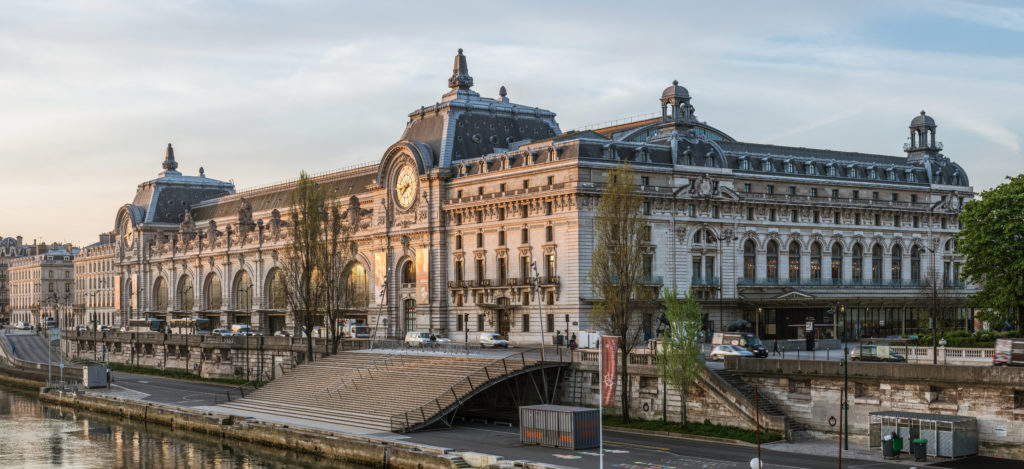
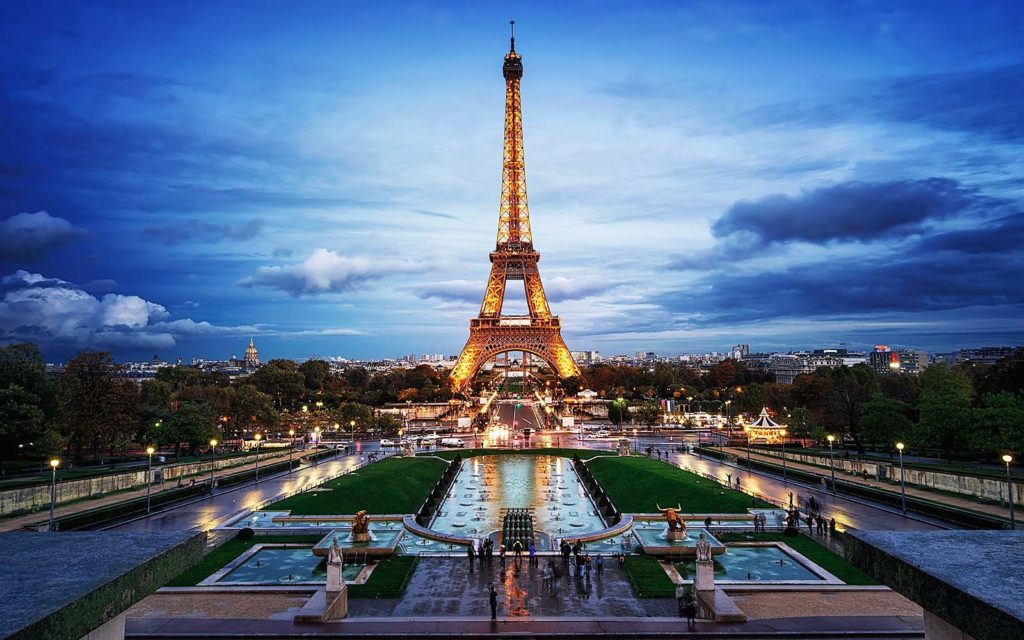
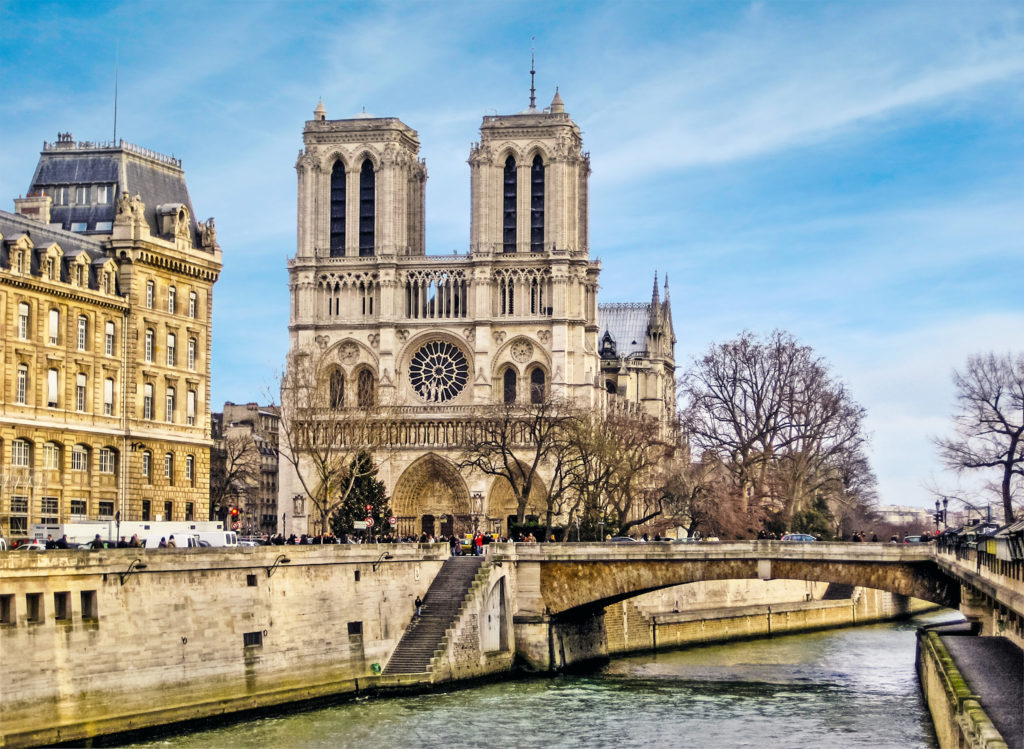
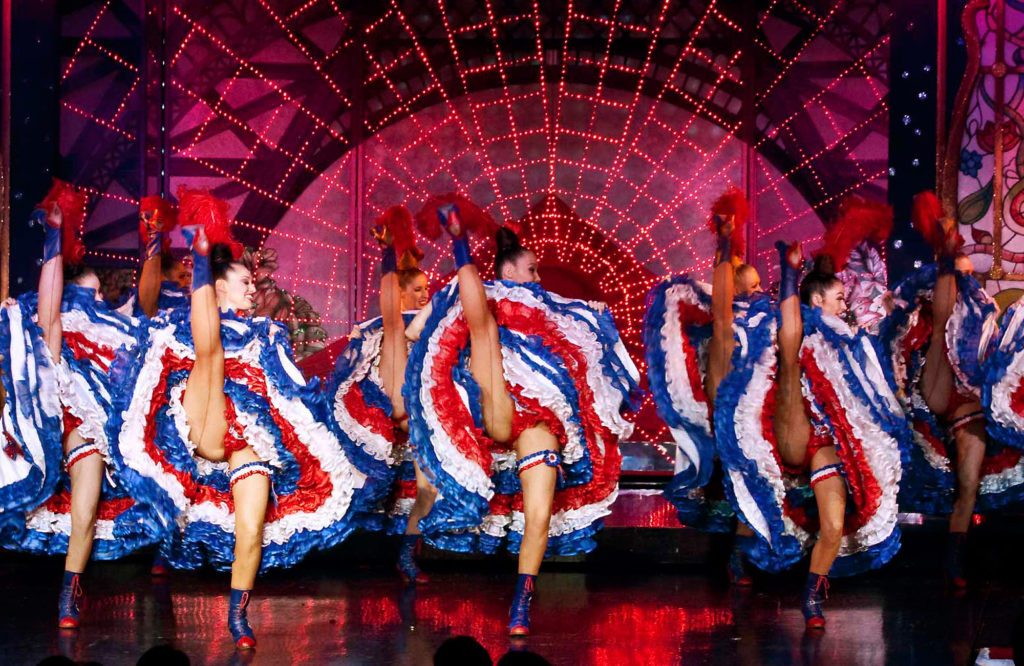
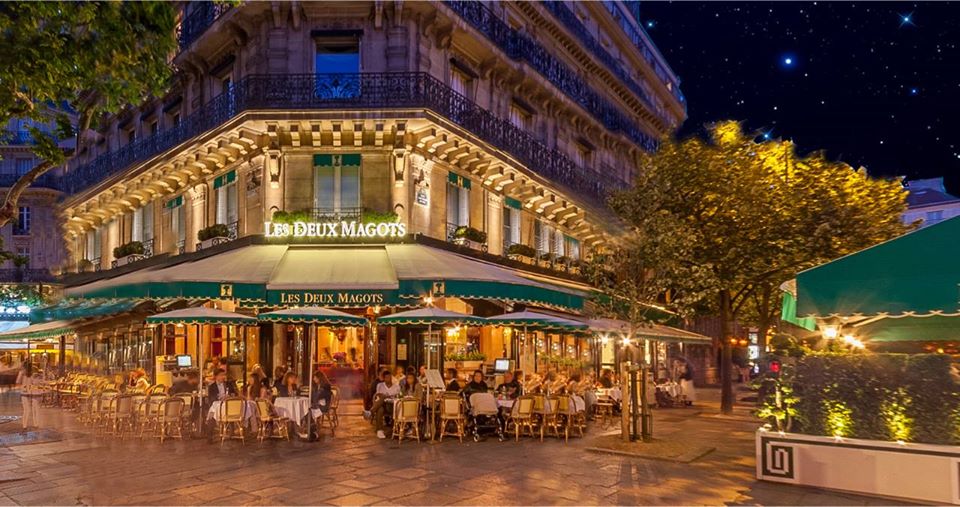
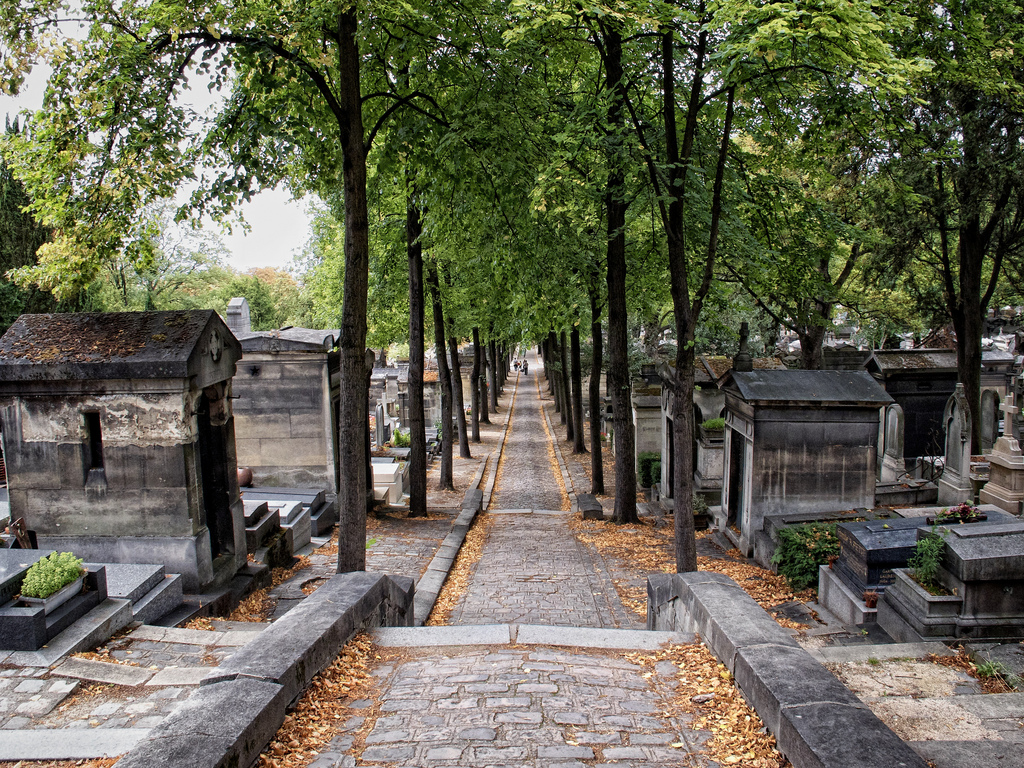
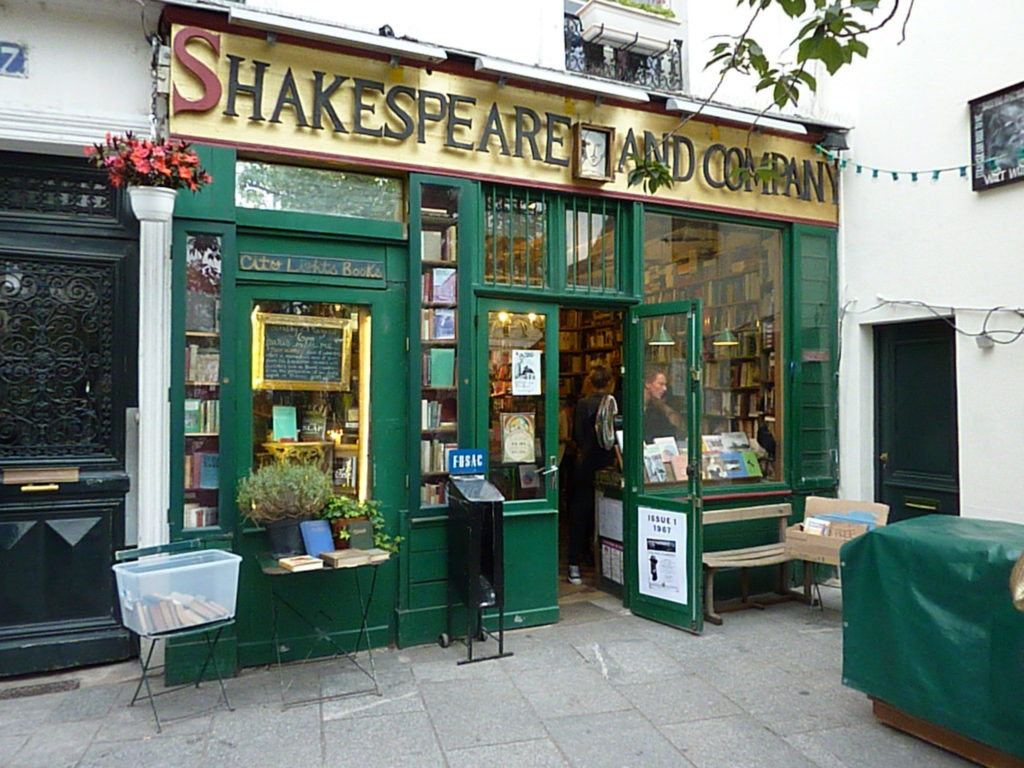

Comments
Post a Comment